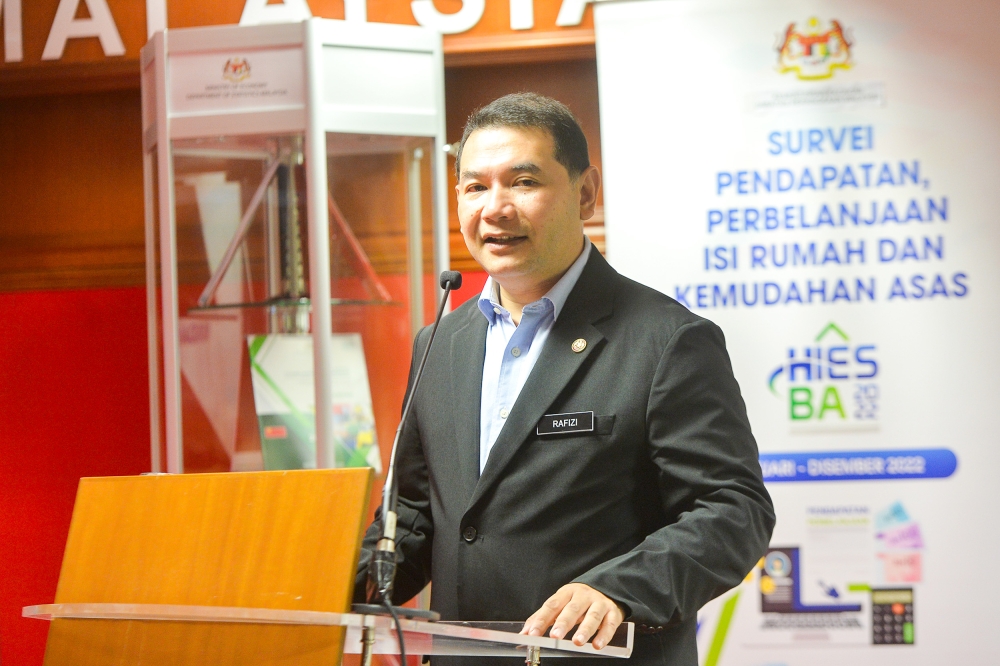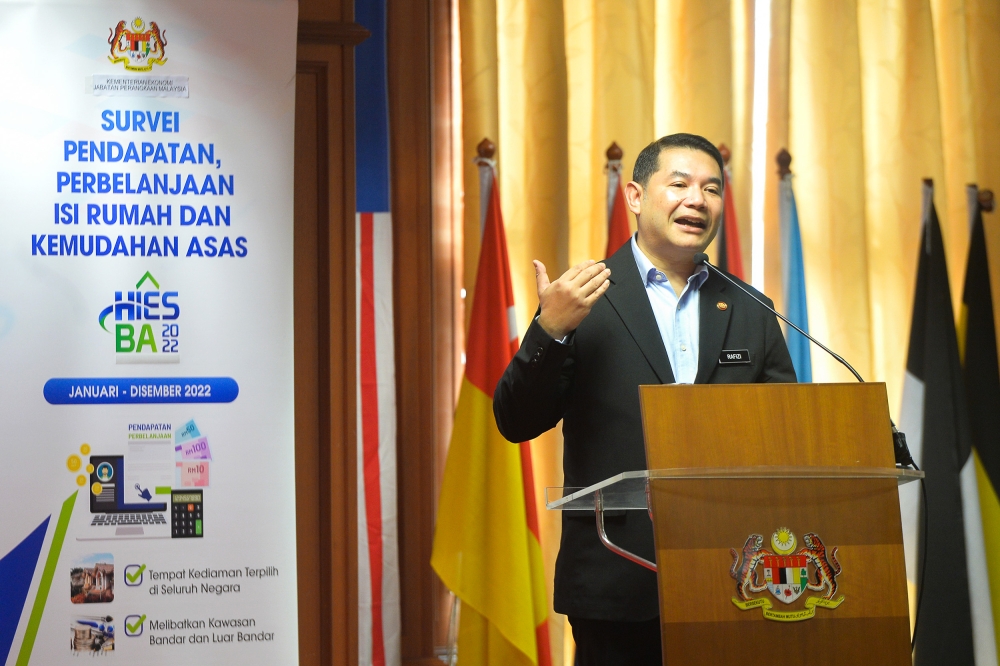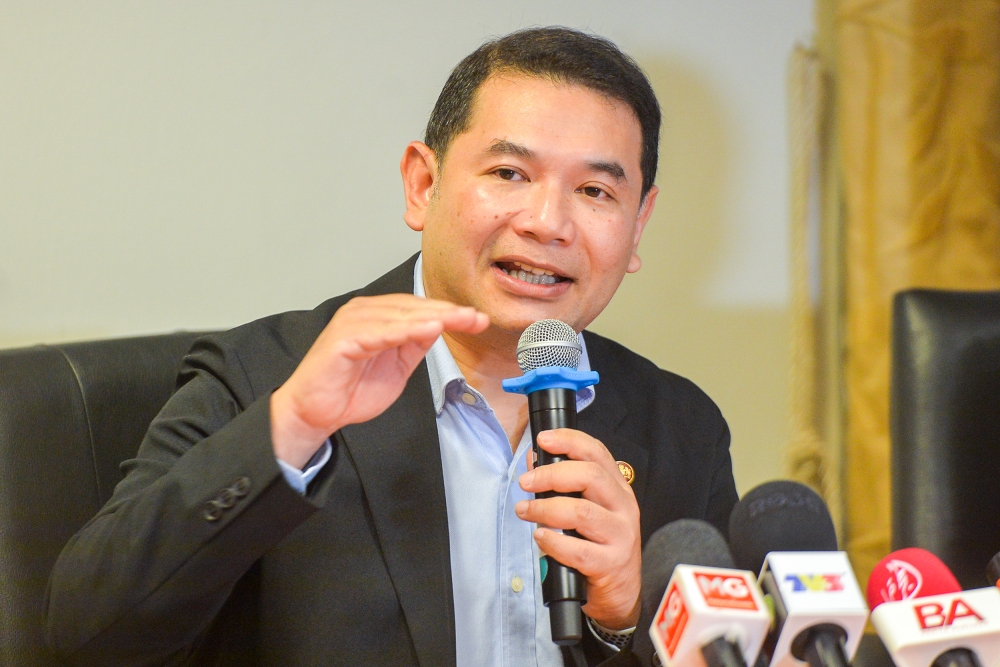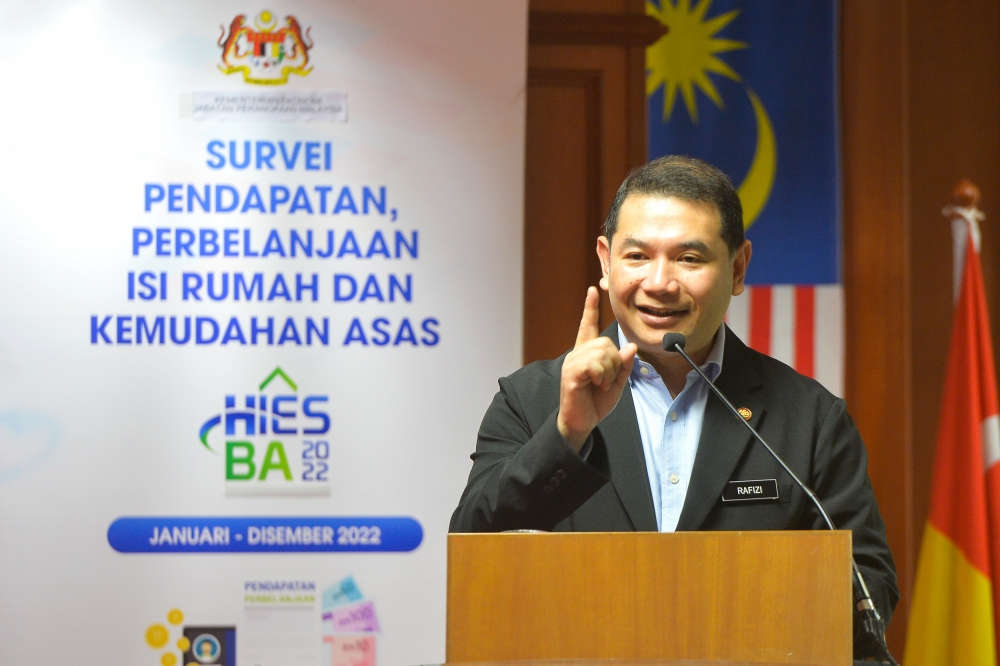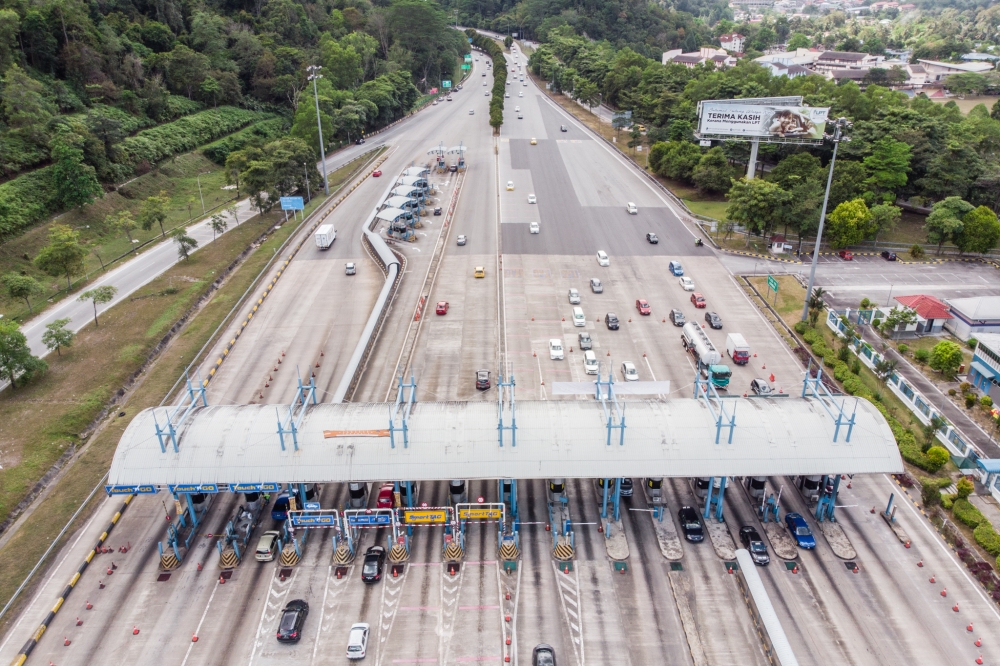PUTRAJAYA, July 28 — Economy Minister Rafizi Ramli today said that more than 10,000 local workers have expressed an interest in the 3D (dirty, dangerous, and difficult) job sector in Malaysia, according to data obtained through the People’s Income Initiative (IPR) programme.
He acknowledged, however, the challenges in convincing employers and industries to transition from foreign workers to local employees.
“We have found many individuals willing to take up 3D jobs. The perception that local workers are not interested is untrue.
“However, convincing industries to change their reliance on foreign workers remains a challenge,” he told reporters after attending the 2022 household income and expenditure survey presentation here, today.
While the programme has received a positive response from both industry representatives and participants, Rafizi acknowledged the need to address employer concerns to create more opportunities for local workers in the 3D job sector.
In the meantime, he said that the Ministry of Economy is exploring the expansion of the IPR programme into the service sector, including childcare centres, to encourage greater participation among the B40 and hardcore poor.
Rafizi noted that the response from the industry and participants to this programme has been promising.
“For the time being, only 20 staff are managing the IPR programme, and at the same time, handling more than 80,000 applications to participate in the programme,” he said, adding that the IPR model is the best income-increasing model, but conceded that the waiting list and screening process for the programme is quite long.
On a separate matter, Rafizi said that the progressive wage policy proposal will be presented to the National Economic Action Council (NEAC) on August 7, when a crucial policy decision is expected to be made.
“The progressive wage policy reform was discussed at the ministerial level, and the distribution paper is ready. It will be presented to the NEAC on August 7.
“Once we obtain the policy decision, we will reveal the primary policy directions,” he said.
He also said that the process would commence immediately after, with a White Paper on wages set to be presented in Parliament in September.
He added that throughout this process, stakeholders such as employers and workers will be actively involved in discussions, ensuring that reforms reflect a well-balanced and comprehensive approach.
On July 9, Rafizi said he hopes the private sector will also be committed to helping the government realise its policy on progressive wage increases to parry the rising cost of living.
He said the government needs a comprehensive policy involving the private and public sectors as it is now its priority to bridge the significant gap between the growth of wages and the increase in the cost of living.
On July 11, Rafizi also hinted that Putrajaya’s plan for progressive wages could entail making annual salary increments mandatory.
















